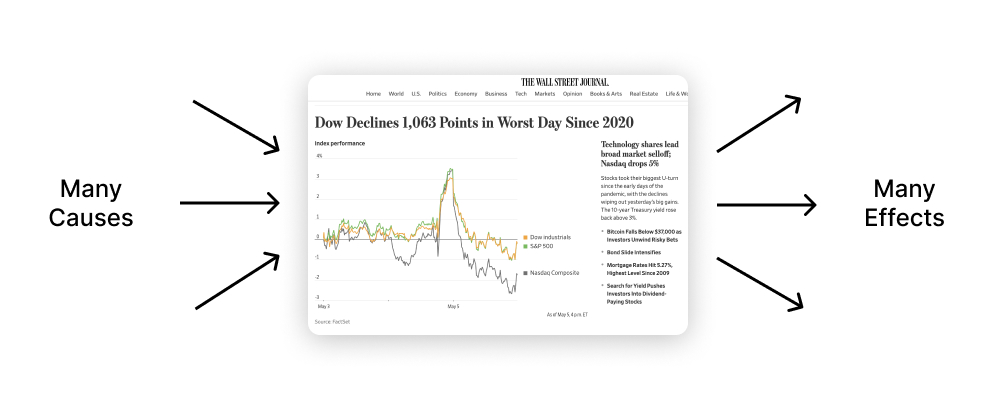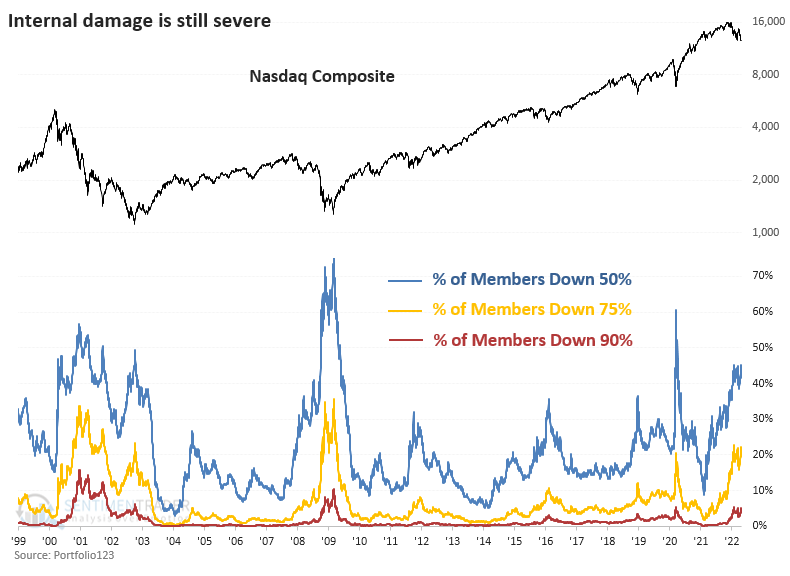
Sponsored By: On Deck Business Development
Helping develop a business can be a bit lonely. You are usually forced to reinvent the wheel when it comes to best practices, playbooks, and tactics, and thus finding people with similar experiences to you is rather difficult.
Fortunately, there is a place where you can meet high-achieving business peers from companies like AWS and DoorDash. On Deck Business Development is a business development and partnerships community whose members are accelerating long-term growth through strategic partnerships while leveling up their careers with a curated network of leaders.
You’ll get:
- Access to learning and best practices from industry experts
- Personalized 1-to-1 connections with other members
- A world-class peer community to help you build that next great partnership.
The applications are due next week so be sure to apply now!
I’ve worked in tech since 2010, just after the great recession, and pretty much the whole time people have been publishing articles warning that there was a tech bubble just about to burst. This sort of doomsaying got a lot quieter over the past few years, which perhaps in retrospect was telling. Now, the long-awaited tech correction might actually be happening.
The combination of events we’ve seen over the past few months is the most serious situation I’ve seen in my career so far. So what we’re going to do today is walk through all the data points that matter, and try to make sense of how they all fit together in a causal web. By the end you’ll have a good picture of what’s happening and how it all connects.
Let’s start by going over the data.
What is happening?
1. Stocks are down
Particularly tech stocks:
I wrote about this back in March but it’s only gotten worse since then. The companies that got hit the hardest seem to be newer, high-growth tech companies that once had sky-high revenue multiples: Zoom, Shopify, Roblox, Peloton (who I am still particularly long-term bullish on), Twilio, Snowflake, Coinbase, and many other have lost the majority of their value over the past few months.
Most of these still have solid underlying businesses, but people are beginning to question whether it ever actually made sense to pay 50x sales.
2. Cryptocurrencies are down
Did you think Bitcoin and Ethereum were supposed to be uncorrelated with public stock markets? Did you think with fears of inflation at an all time high people should be running to deflationary assets with a long-term capped supply?
If you did, I don’t blame you. But you were wrong:
Bitcoin peaked in November, same time as tech stocks, just short of $69k. Ethereum peaked that same month shortly after it passed $4,200. (You can’t make this up.) Now both are down 42% and 44%, respectively.
3. NFT sales are (probably) down
There was a big article in the WSJ this week asking “is this the beginning of the end for NFTs?” The NFT community hated it, and argues the data is “fake” and shouldn’t count the implosion of Axie Infinity, which I predicted in December.
There was a lot of back and forth on Twitter, with curated data from both sides supporting and rejecting the conclusion that NFT sales are flatlining, so let’s just say this one is a question mark for now.
The Only Subscription
You Need to
Stay at the
Edge of AI
The essential toolkit for those shaping the future
"This might be the best value you
can get from an AI subscription."
- Jay S.
Join 100,000+ leaders, builders, and innovators

Email address
Already have an account? Sign in
What is included in a subscription?
Daily insights from AI pioneers + early access to powerful AI tools












Comments
Don't have an account? Sign up!
*nervous laughter*